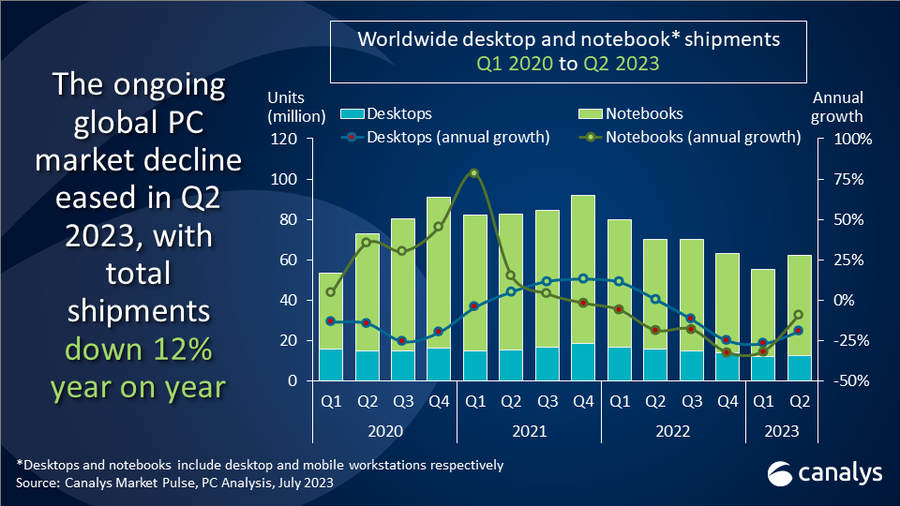Import Restrictions + Incentives Indian government "racked its brains" for local PC market
On August 3, according to media reports, the Indian government requires a license to import laptops and tablets, the latest in a series of measures introduced by the local government to encourage local electronics production.。
On August 3, local time, some media said that the Indian government requires the import of laptops and tablets to obtain a license, which is the latest in a series of measures introduced by the local government to encourage local electronics production.。
According to a notice from the Directorate General of Foreign Trade, buyers need to obtain a license to import laptops, tablets, all-in-one PCs and ultra-small computers and servers, effective immediately.。The agency said certain PCs identified as "capital goods" may be exempt, but did not disclose further details.。
Prior to the above restrictions, India had a policy aimed at preventing foreign imports of electronic products (including high tariffs) and had been in place for many years.。The implementation of this policy has been very effective, and India now imports more than $60 billion a year in electronics, but laptops and tablets account for only a small part of that.。
In addition to export restrictions, the Indian government also plays the card of policy incentives.。
In May, the Indian government unveiled a financial incentive package worth about 170 billion rupees ($2.1 billion) to attract laptop, tablet and other electronics hardware makers to the country for production.。The deadline to apply for production-related incentives for this product category is August 30.。
The incentive comes at a time when many multinationals want to diversify their supply chains, coupled with strong domestic demand for laptops, tablets and servers, so the Indian government wants to take the opportunity to attract foreign companies to build local electronics production bases, making the country an electronics export hub.。
At present, Apple has not yet produced an iPad or MacBook in India, but this set of "combination punches" in India is likely to prompt the company to change its mind.。In addition to Apple, computer makers such as Dell, Hewlett-Packard and Asus can use these financial incentives to expand。
The global PC market is still shrinking.。According to Canalys, the global PC market continued to decline in the second quarter of 2023, with total desktop and laptop shipments falling 11.5% to 62.1 million units。Among them, notebook computer shipments fell 9.3%, down to 49.4 million units, while desktop shipments fell even more, to 19.3%, down to 12.6 million units。

But overall, the downward trend has slowed.。Prior to this, shipments in the global PC market fell by more than 30% for two consecutive quarters。Under the low base effect, shipments in the second quarter of this year increased by 11.9%, the global PC market is expected to accelerate recovery in the second half of this year。
Ashweej Aithal, an analyst at Canalys, said: "According to a recent survey by the Reserve Bank of India (RBI), consumer confidence in India is on the rise and sentiment on overall economic conditions has improved.。Meanwhile, business confidence levels in India have fallen from their 2022 highs, but remain well above historical averages.。Itar added that while the PC market is currently experiencing a decline, it is expected to recover in the future.。
Canalys predicts that after a sluggish 2023, the Indian PC market (including tablets) will rebound strongly, growing by 11% in 2024 and a further 13% in 2025.。"Suppliers remain optimistic about the Indian market and are taking steps to target their growing consumer base.。"
At present, there have been some PC brand enterprises to increase the local business action in India。
In February, HP announced the company's first gaming experience zone in India and plans to expand to more than 40 stores within this year.。Currently, HP's market share in India has reached more than 30%。In April, Apple opened new stores in Mumbai and New Delhi.。In addition to attracting interest through offline retail stores, there is a trend for suppliers to switch to Made in India.。These suppliers hope to explore new business opportunities in India and ensure future market supply。
·Original
Disclaimer: The views in this article are from the original Creator and do not represent the views or position of Hawk Insight. The content of the article is for reference, communication and learning only, and does not constitute investment advice. If it involves copyright issues, please contact us for deletion.